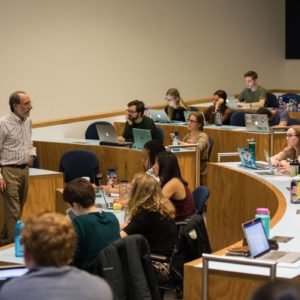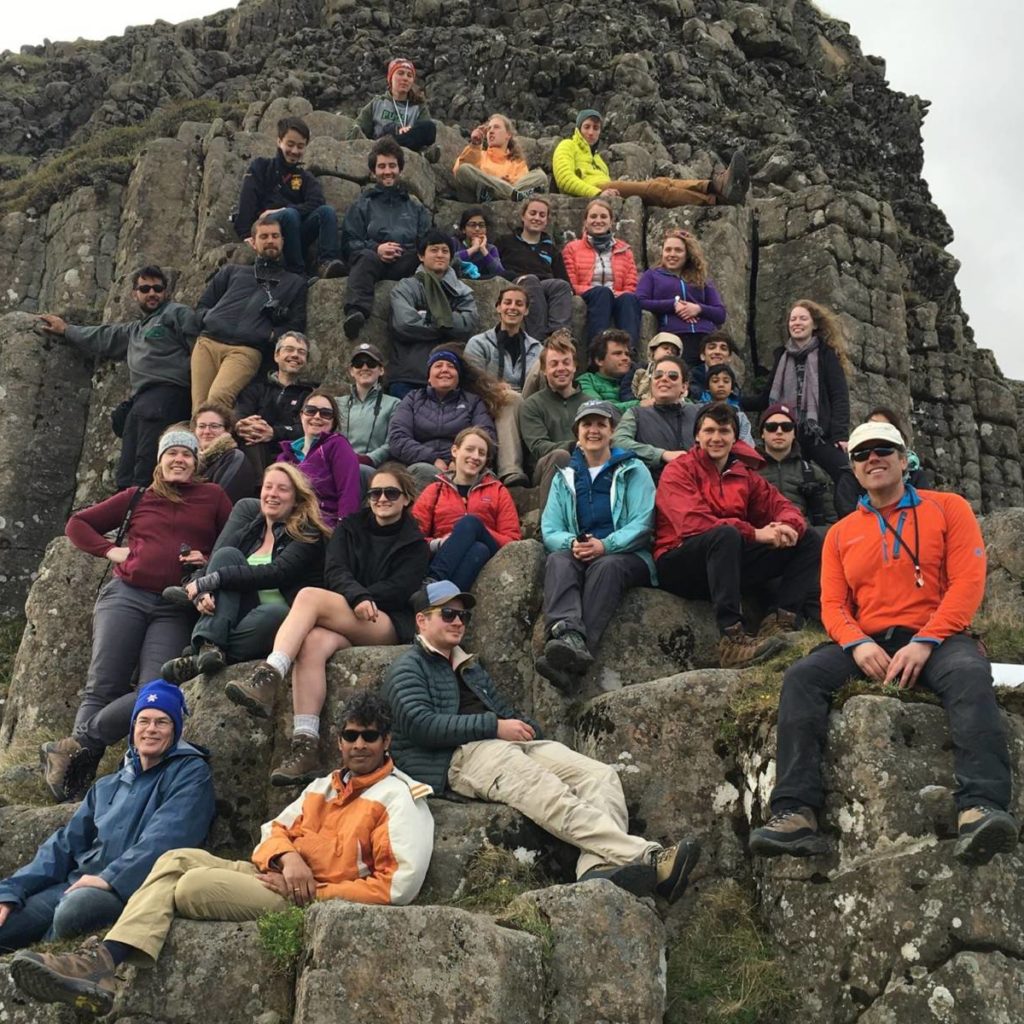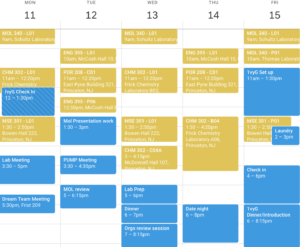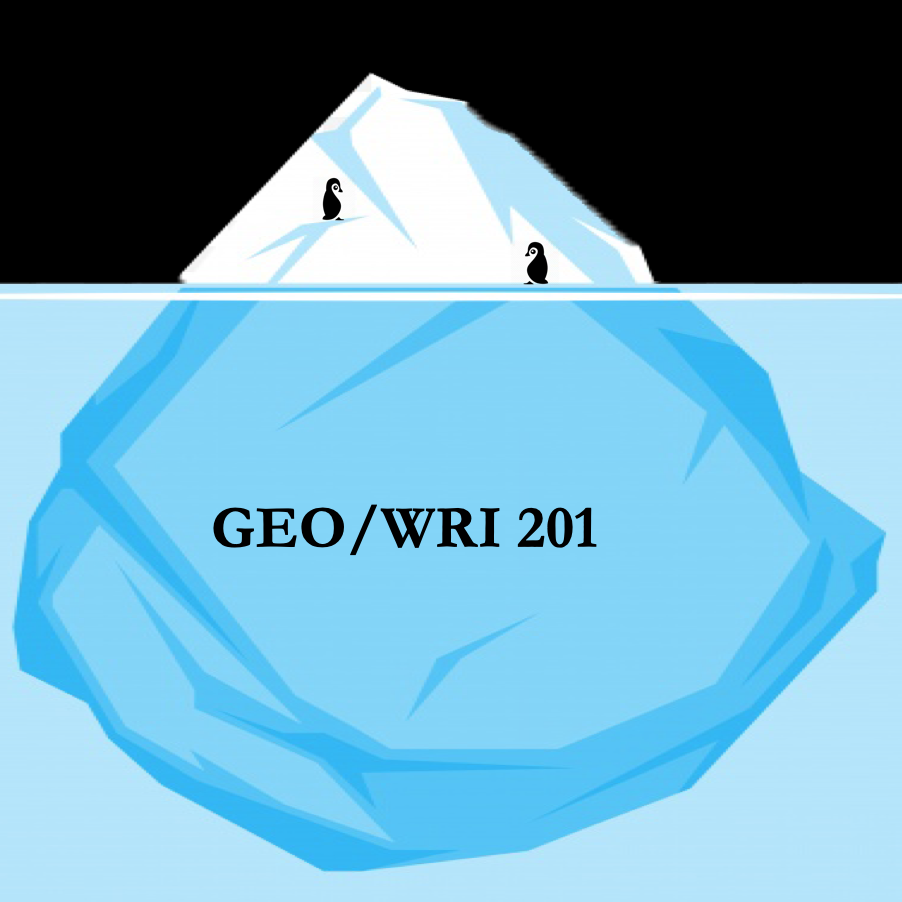Last week, a librarian at the University of Cape Town emailed me some scanned items from their archives which I requested for my Junior Paper research. I’ve looked through them, and I can see that they will be quite useful for my work.
While I am glad that I have access to these sources now, they also add to a problem I had before I received them: in the research work I have been doing, I have what seems like too many materials to work with. During my time over spring break at the New York Public Library and Center for Jewish History, I amassed literally hundreds of newspaper and journal articles as primary sources.
At first, I was unsure of what to do with all of them. It simply seemed an overwhelming task to sift through them to figure out what was needed for my work (this is where having a clear yet flexible research question comes in handy; see my post here on that). A similar thing had happened to me this summer when I was working on a research project likewise involving hundreds of newspaper articles, and I do not think I dealt with it as well as I could have then. So, reflecting on these mistakes, I worked out some strategies to make things more manageable this time around. I hope these to be helpful for any student researcher who feels like they’re buried under a mound of potential sources:
Continue reading So Many Sources: How to Manage the Seemingly Unmanageable







